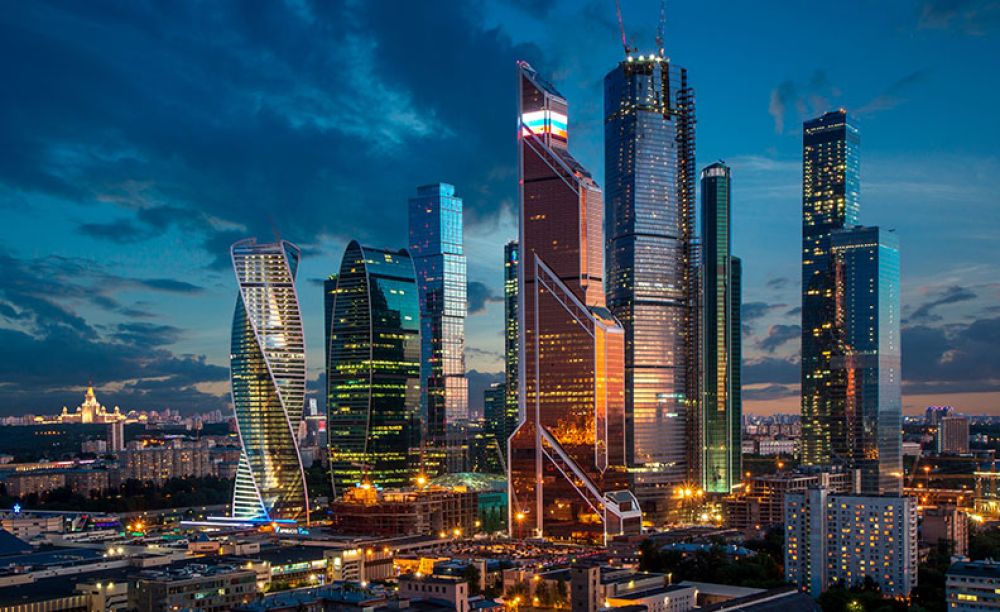

Moscow, the capital of Russia, boasts a rich and intricate history, both as a pivotal center of Russian culture and as a destination for tourists from around the world. The roots of tourism in Moscow can be traced back to the Soviet era, when the city started to gain international attention.
In the early 20th century, Moscow was not widely recognized as a major tourist destination. However, with the rise of the Soviet Union, the government began to see tourism as a means of cultural exchange and a way to showcase Soviet achievements to the world. By the 1950s and '60s, following the end of World War II and the Stalinist era, Moscow began to open up to foreign visitors, albeit within the limitations imposed by the government.
During the 1970s and '80s, the city experienced a tourism boom. Significant events like the 1980 Summer Olympics put Moscow on the world map. Despite the boycott by some countries, the event marked one of the first large-scale appearances of international tourists in the city, with many visitors fascinated by Moscow's grandeur, architecture, and history.
The dissolution of the Soviet Union in 1991 marked the beginning of a new chapter for Moscow's tourism. Russia's transition towards a market economy opened the gates to global tourism. Moscow started to rapidly modernize, improving its infrastructure and accommodating the needs of international travelers with a wide range of hotels, restaurants, and services.
Iconic attractions such as the Red Square, the Kremlin, and St. Basil's Cathedral became must-visit landmarks. Moreover, the city's rich art scene, with treasures like the Tretyakov Gallery and the Bolshoi Theatre, attracted cultural enthusiasts from across the globe.
In the 21st century, Moscow has embraced digitalization, easing the way tourists navigate the city. Online platforms now allow visitors to book tours, access information, and buy tickets to attractions seamlessly. The introduction of e-visas has simplified the process of visiting Russia for many international travelers.
The latest trends in Moscow's tourism sector include experiential and immersive travel experiences. Tourists are increasingly looking for authentic and personalized experiences, such as local culinary tours, historic walking tours, and the chance to partake in traditional Russian festivities. Sustainable tourism has also started to gain attention, with a greater emphasis on preserving Moscow's heritage while accommodating visitors.
Global events have periodically impacted tourism flows to Moscow. For instance, the 2018 FIFA World Cup brought a fresh wave of international visitors to the city. More recently, the COVID-19 pandemic drastically reduced the number of tourists; however, as travel restrictions ease, Moscow is once again seeing an uptick in tourism.
Despite challenges, Moscow continues to evolve as a tourist destination, maintaining its strong allure through its enduring history, cultural wealth, and constant modernization.